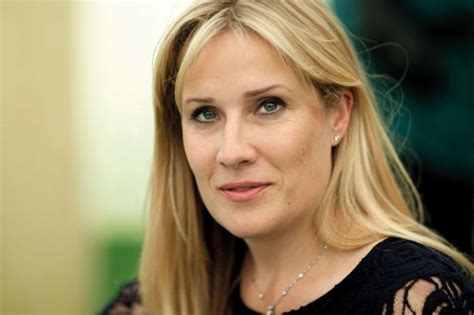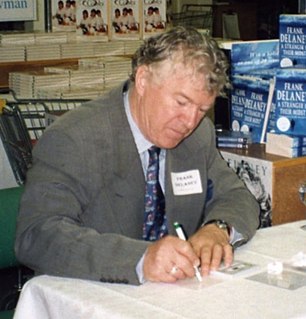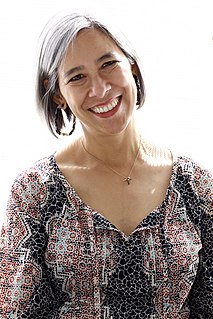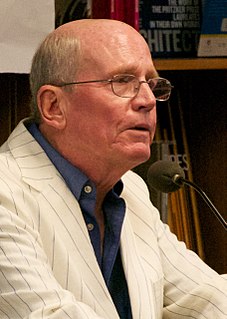A Quote by Maureen Corrigan
It’s Fitzgerald’s thin-but-durable urge to affirm that finally makes Gatsby worthy of being our Great American Novel. Its soaring conclusion tells us that, even though Gatsby dies and the small and corrupt survive, his longing was nonetheless magnificent.
Related Quotes
Fitzgerald could sense that America was poised on the edge of a vast transformation, and wrote a novel bridging his moment and ours. The Great Gatsby made manifest precisely what Fitzgerald’s contemporaries couldn’t bear to see, and thus it is not only the Jazz Age novel par excellence, but also the harbinger of its decline and fall.
Personal identity seems like it's just such an American archetype, from Holly Golightly re-inventing herself in 'Breakfast At Tiffany's' to Jay Gatsby in 'The Great Gatsby.' It seems like the sort of archetypal American issue. If you're given the freedom to be anything, or be anyone, what do you do with it?
I developed a mania for Fitzgerald - by the time I'd graduated from high school I'd read everything he'd written. I started with 'The Great Gatsby' and moved on to 'Tender Is the Night,' which just swept me away. Then I read 'This Side of Paradise,' his novel about Princeton - I literally slept with that book under my pillow for two years.































